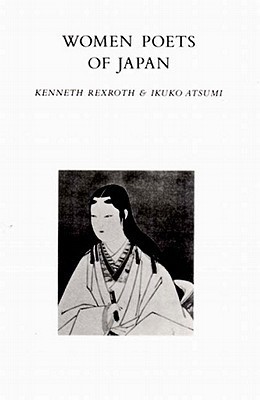What do you think?
Rate this book


192 pages, Paperback
First published January 1, 1977
[...] a dog's sense of smell deer's sense of hearing
that was my sadness
sadness is a mollusk's two antennae
when the world meaninglessly flowed from the wound
i in the middle of trembling
there is a world sky: blue
blue sky pierced into wound
God stubbornly continued to be absent
i stubbornly continued loving
-from Blasphemy by Yoshihara Sachiko